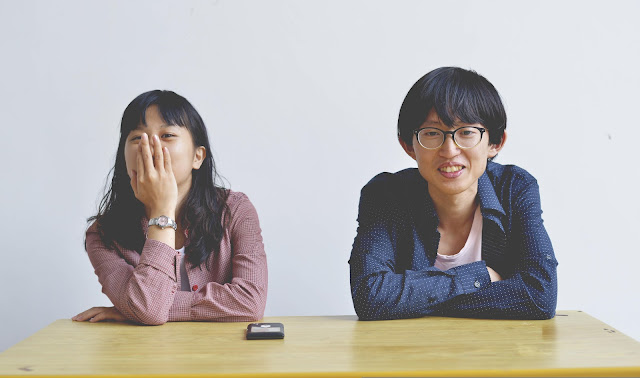Of the respondents who were unmarried, a significant
number of both men and women expressed their single status, with 75.2% of men
and 68.4% of women reporting that they were not currently in a relationship.
Nevertheless, more than 80% of these unmarried respondents expressed a desire
to get married someday.
When asked about the top three qualities they looked
for in a marriage partner, there was little disparity between men and women in
the top two choices. Approximately 42% of respondents, regardless of gender,
selected "compatibility and matching values" as one of their primary
criteria, followed closely by "fun to be with" at 38.9%. While 26.8%
of respondents considered "looks and appearances" to be important,
this figure was significantly higher among male respondents, with a difference
of 16.2 percentage points. Similarly, while 29.5% of participants valued
"financial strength such as income," the percentage was notably
higher among women, with a difference of 15.8 points.
There was also a significant disparity between the
savings expectations of men and women regarding their potential partners. Among
male respondents, the most common expectation was 1 million to 2 million yen ($7,000
to $14,000), chosen by 22.6%. In contrast, the majority of women, 23.8%,
indicated that they expected their partners to have savings in the range of 5
million to 6 million yen ($35,000 to $42,000).
The survey also examined the lifetime unmarried rate,
which refers to the percentage of individuals who have never been married.
According to the 2020 national census, this rate was 28.3% for men and 17.8%
for women, and the trend continues to rise. All respondents, including those
who were already married, were asked about the reasons for this trend. The
results revealed that a growing number of people perceive marriage as merely an
option in life (46%) or choose to stay single because it provides freedom and
fulfillment (43.5%). However, economic concerns such as inadequate income
(40.4%) and unstable employment (30.2%) were also prominent factors.
Overall, the survey findings highlight the differing
financial expectations men and women have when seeking a marriage partner in
Japan. They also underscore the increasing prevalence of a lifestyle unbound by
marriage and the role that economic factors play in individuals' decisions
regarding marriage.
The recent survey on financial expectations in
Japanese marriage partners reveals a complex tapestry of desires, aspirations,
and societal shifts. As men and women express their longing for companionship,
it becomes apparent that compatibility and shared values are highly valued
across genders. However, disparities arise when it comes to looks, appearances,
and financial strength. These findings not only reflect the evolving dynamics
of modern relationships but also emphasize the growing trend of choosing a life
unconstrained by marriage. The survey calls for a concerted effort to address
economic barriers and ensure that individuals are not deterred from marriage
due to financial concerns, underscoring the need for comprehensive policies
that promote inclusivity and support for all.
Japanese Companies Raise Base Pay to Attract and Retain Talent Amidst Soaring Prices: Is it Enough?
Japan's Prime Minister Vows to Boost Wages for Small Businesses and Rural Workers
Bridging the Gender Gap: Lessons from Japan and Europe on Empowering Women in the Labor Market
Japan's Labor Unions Have Negotiated Wage Hikes-But Is It Enough?
Is Gender Inequality In Japan Causing Japanese Women To Immigrate To Canada?





Comments
Post a Comment